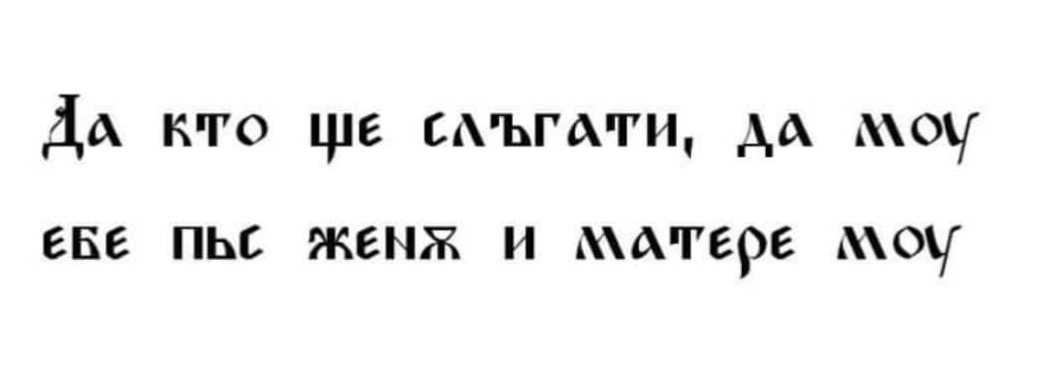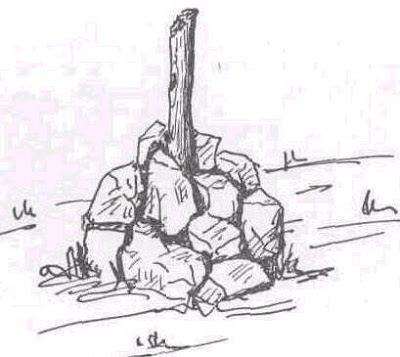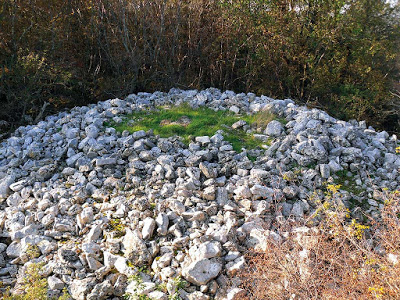Thread: When swearing oath really meant swearing: "And those who lie (break promise), may a dog f*ck their wives and their mothers"...
From the letter written in 1432 by Alexander I Aldea, Voivode of Wallachia to the magistrate of the city of Sibiu...
https://oldeuropeanculture.blogspot.com/2020/07/and-those-who-lie.html
From the letter written in 1432 by Alexander I Aldea, Voivode of Wallachia to the magistrate of the city of Sibiu...
https://oldeuropeanculture.blogspot.com/2020/07/and-those-who-lie.html
This letter was written in medieval Serbian and the curse (which always accompanied the promise as a punishment for those who break it) is still one of the most favorite Serbian curses...More about swearing and cursing in Serbian tradition http://oldeuropeanculture.blogspot.com/2015/08/prokletija-cursing-ceremony.html
One interesting Serbian tradition is "swearing at (cursing) the stake" which was a ceremony in which the whole village would punish an unknown perpetrator of a crime by cursing and stoning his replacement, a stake stuck in the ground...
For instance, when something is stolen, and the perpetrator can't be found, the victim asks the village elders to help him find who committed the crime through the cursing ceremony...
The elders would then gather the villagers making sure that the ones who are suspected of committing the crime are among them. Everyone who is asked to come to the gathering has to come...
After the reason for the gathering is announced, the cursing ceremony begins. The first to curse the criminal is the victim...
He takes his hat off, crosses himself and curses: "who ever stole from me or knew who stole from me. May god give that he suffers from terrible wounds and illnesses and that he never dies or recovers". And all the other people respond with "amen"...
Then the victim curses: "May god give that he loses his site and that living flesh falls off his bones. That he never has any happiness and prosperity or descendants..." And so on. And everyone again responds with "amen"...
In upper Hercegovina, people would ask the priest to "say amen (say the curse), if someone stole their property or caused damage to their property or..." "Someone committed such and such crime, and I can't find who, so may God punish him, so he doesn't do the same to others..."
The priest would then say that who ever did the bad deed didn't know what he was doing out of drunkenness or rage and is now feeling guilty...
Then the priest would announce that who ever committed the crime should come to the church and confess and that he should repay the damage in secret and that then the debt will be re-payed and that there will be no need for the Prokletije (cursing ceremony).
It is said that in Eastern Hercegovina everyone is afraid of Prokletije (cursing ceremony).
So don't swear lightly...
So don't swear lightly...
Montenegro and Hecegovina are full of toponyms "Gomila" meaning pile of stone, earth, tumulus. Several hill tops are also called "Gomila". What is interesting is that a lot of conical hills in Montenegro and Hercegovina have stone cairns built on top of them. Like this one...
One hill is actually called "Kletvena gomila" which means "pile of stones left after the cursing ceremony". An old cursing ceremony stone pile, onto which people kept throwing new stones and new curses over years, decades, centuries, wold end up looking exactly like this...
Many ancient stone tumuli in this part of the world have been preserved because of the taboo attached to the cursing stone piles, which forbids removal of the stones from the pile...
Cool, right?
Cool, right?


 Read on Twitter
Read on Twitter




